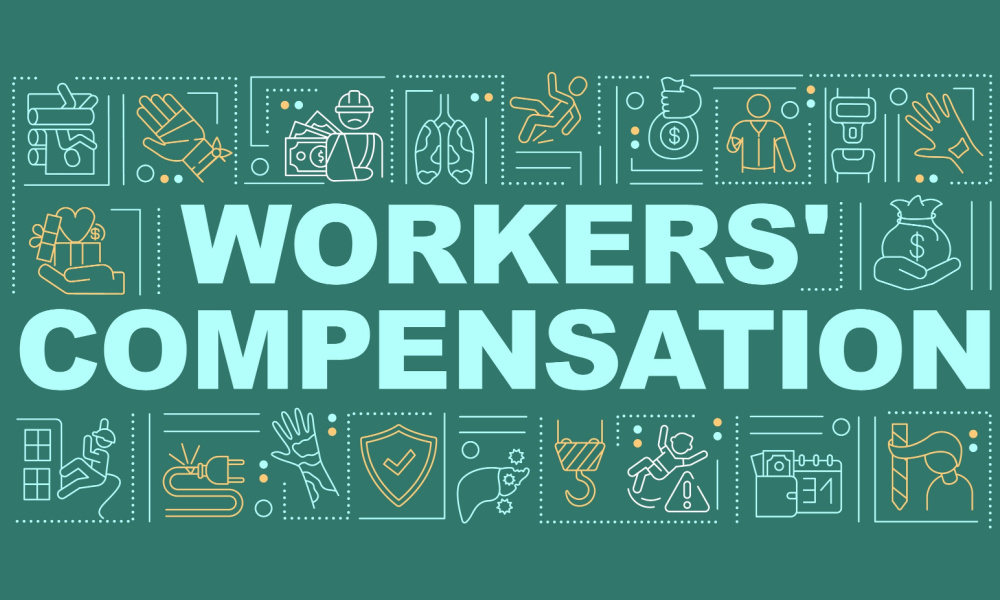In North Dakota, like all states, it’s extremely important for employers to properly identify (and classify) their employees and secure proper workers’ compensation insurance coverage. North Dakota’s Workforce Safety and Insurance (WSI) requires employers to identify their employees and submit payroll data so WSI can calculate the premium during that policy period. Failure to submit payroll reports and/or pay premiums can lead to significant penalties under state law. Recently, the North Dakota Supreme Court confirmed that the penalties provided under state law are constitutional and not excessive (even when penalties are several times higher than originally assessed premiums).
Facts
In June 2019, WSI notified the Boechler PC law firm in Fargo of its unpaid premiums and penalties and sent a letter informing the firm that their 2018-2019 payroll report was due the following month. When the firm didn’t submit the required information, WSI issued the firm a $50 dollar fine and informed them an additional $50 penalty would be assessed if the information was not submitted within 10 days. Fifteen days later, WSI informed the firm it had been issued $100 in total penalties for failing to provide the required payroll information in a timely manner.
In October 2019, WSI requested additional records from Boechler PC, and it was ignored. In December 2019, WSI informed the firm it had assessed a penalty of $100 per day (totaling $2,300) for failure to provide requested records and would continue assessing the $100-per-day penalty until the record request was satisfied. On January 6, 2020, WSI sent the firm a billing statement showing an additional $4,000 was assessed under the $100-per-day penalty, at which point WSI stopped assessing the penalty.
The firm failed to provide the report to WSI despite multiple phone calls in addition to the letters and billing statements, resulting in an additional $5,000 penalty. The WSI penalties accrued over this period totaled more than $11,400. WSI sued the firm and its owner individually to collect the unpaid premiums and penalties. In addition, it wanted to prevent the firm from employing others until they complied with North Dakota’s Workers’ Compensation Act.
In the end, the district court agreed with WSI that Boechler PC was liable (and only declined individual liability on Boechler due to a procedural deficiency). The firm and its owner appealed to the North Dakota Supreme Court.
Court’s Decision
North Dakota’s highest court agreed with the lower court, holding the firm liable for the premiums and penalties. In its opinion, WSI followed North Dakota law by providing proper notices and filing the civil suit 30 days after it notified the employer of the total amounts owed in premiums and penalties. The employer had notice and an opportunity to participate in the administrative process with WSI.
Boechler PC argued that the penalty of $11,400 assessed against it for failing to pay $261.99 in premiums violated the excessive fines clauses of the North Dakota and U.S. Constitutions. The court noted that the employer was mistaking the relevant comparison. The comparison isn’t penalties compared to premiums but rather penalties compared to the behavior of failing to file the requested payroll report and documents.
The court concluded that by ignoring lawful requests, Boechler PC directly compromised WSI’s administration of the workforce safety and insurance fund. Additionally, whether punishments for an offense are excessive belong first to the legislature, and since the legislature crafted the penalties, the penalties weren’t excessive. Workforce Safety and Insurance v. Boechler, PC.
What Employers Can Learn
The court held the penalties provided under state law for failure to pay premiums and respond to record requests were not excessive. For North Dakota employers, this means failure to pay premiums and file payroll reports can lead you to pay significantly more in penalties than the amount originally assessed in premiums owed. This case also signals that the legislature controls the amounts for penalties, and the court will rule accordingly.
You should be aware of the risks for failing to properly classify individuals as employees, missing WSI premium payments, missing deadlines to submit payroll requests, and failing to respond to WSI or participate in the administrative processes provided to resolve disputes. Failure to properly communicate with WSI and remain in compliance with its requests and directives can result in thousands of dollars in penalties, which will likely be upheld in court.
KrisAnn Norby-Jahner is an attorney with the Vogel Law Firm in Bismarck. You can reach her at knorby-jahner@vogellaw.com. Gavin Mindt is a summer law clerk with the firm.

